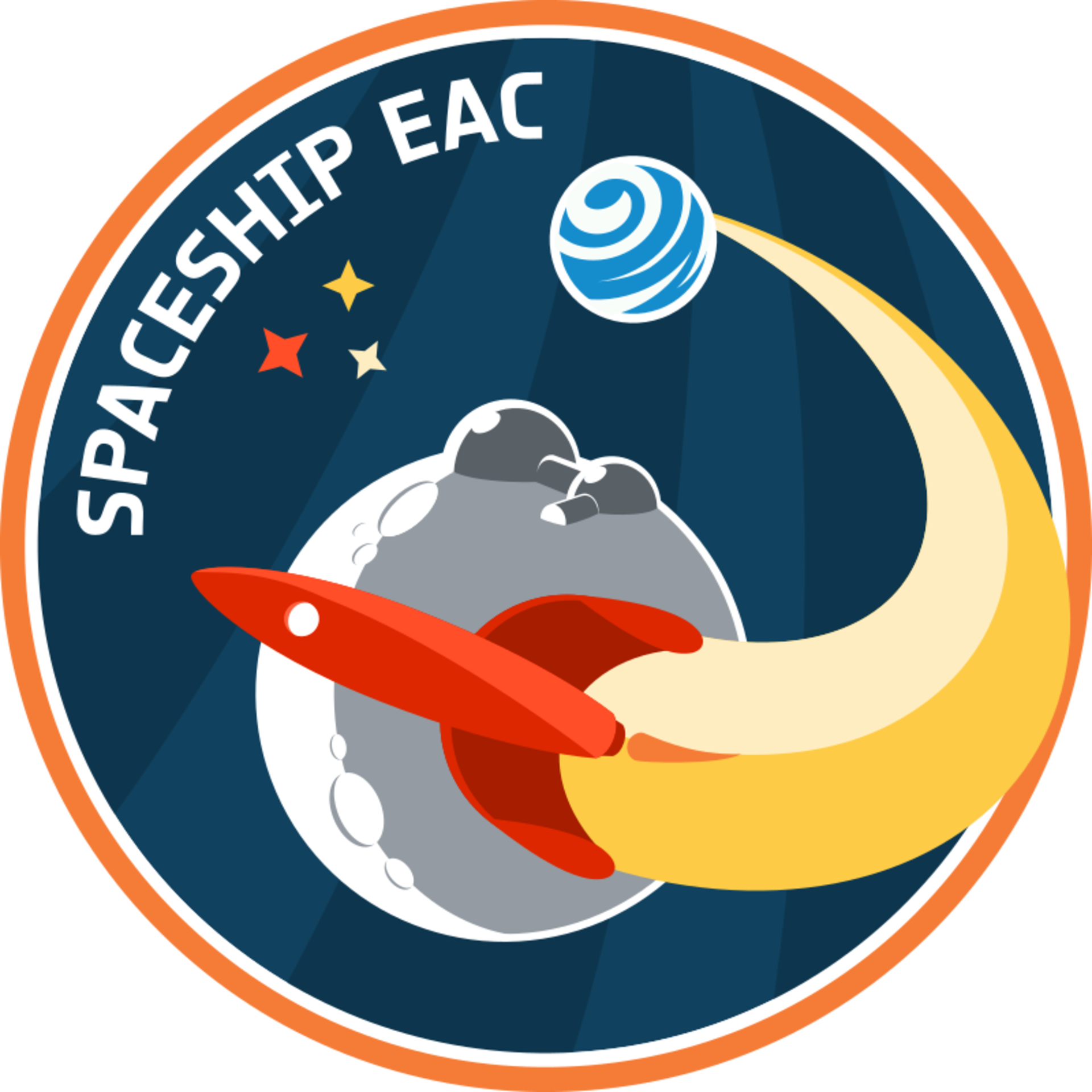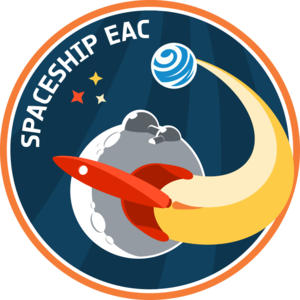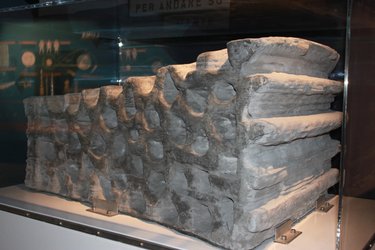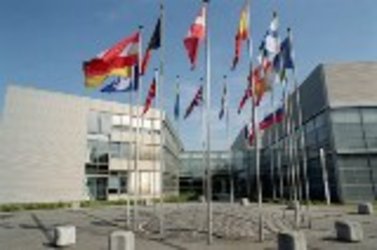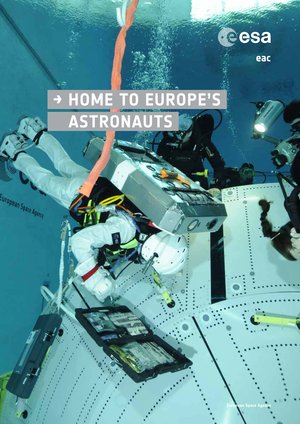European researchers invited to board ‘Spaceship EAC’
The European Astronaut Centre is set to work with academia in tackling future space exploration challenges – an initiative known as ‘Spaceship EAC’.
EAC, based in Cologne, Germany, is now a participant in ESA’s long-running Networking/Partnering Initiative (NPI), which supports work carried out by universities and research institutes on advanced technologies with potential space applications, including the ‘spin-in’ of new non-space technologies.
NPI can co-fund suitable PhD or post-doctoral investigations, while also providing access to ESA technical experts and specialist laboratories and helping to identify potential industrial partners for follow-up research and development.

Samantha Cristoforetti, ESA astronaut in charge of the programme, comments: “EAC welcomes proposals from universities and research organisations across ESA Member States for doctoral and post-doctoral research in technical domains relevant to our ‘Spaceship EAC’ concept.
“Spaceship EAC aims to investigate innovative technologies and operational concepts in support of ESA’s exploration strategy.
“In accordance with the Global Exploration Roadmap, increasingly complex missions to cislunar space and the lunar surface are foreseen, commencing with robotic missions, followed by robotic/human cooperation –including surface rovers controlled by orbiting astronauts –to culminate in human surface missions.”
In particular, Spaceship EAC encompasses the following exploration-focused subjects:
- In-situ resource utilisation (‘living off the land’), materials and additive manufacturing;
- Energy production and storage
- Radiation shielding
- Simulation, virtual reality and analogues
- Robotics and human factors
- Life support, habitability and systems architecture
- Exercise hardware and countermeasure concepts
EAC is currently constructing an evolvable lunar analogue facility, including a large regolith testbed, incorporating configurable communications infrastructure and integrating existing EAC control assets. The facility will be used to test candidate technologies and operational concepts for exploration, with astronaut end-users in the loop whenever possible.


Access the video
“Spaceship EAC benefits from colocation with the Cologne establishment of the DLR German Aerospace Center, plus a number of well-established partnerships with European academia and industry,’ adds Aidan Cowley, research fellow at EAC working on the project.
“One of the objectives of the NPI programme is to further expand and strengthen this network, to foster new collaborations among research institutions and diverse industrial sectors, to better serve the needs of European space exploration.”
How NPI works
Once an NPI proposal is selected, ESA enters into a contractual arrangement with the university or research institute concerned. The researcher in question remains a student or employee of the establishment concerned. ESA designates ‘technical officers’ to assist in elaborating proposals and ideas.
Universities and research institutions interested in participating in the EAC NPI can contact Spaceship NPI at the following email: eacnpi@esa.int.
More on NPI
http://www.esa.int/Our_Activities/Space_Engineering_Technology/Networking_Partnering_Initiative
More on EAC














 Germany
Germany
 Austria
Austria
 Belgium
Belgium
 Denmark
Denmark
 Spain
Spain
 Estonia
Estonia
 Finland
Finland
 France
France
 Greece
Greece
 Hungary
Hungary
 Ireland
Ireland
 Italy
Italy
 Luxembourg
Luxembourg
 Norway
Norway
 The Netherlands
The Netherlands
 Poland
Poland
 Portugal
Portugal
 Czechia
Czechia
 Romania
Romania
 United Kingdom
United Kingdom
 Slovenia
Slovenia
 Sweden
Sweden
 Switzerland
Switzerland


























